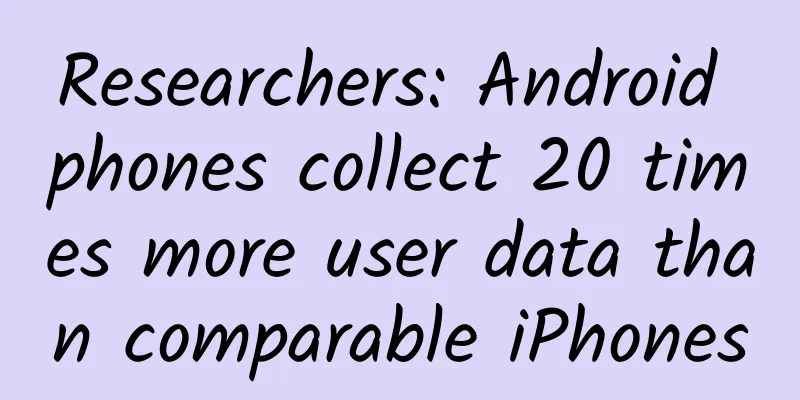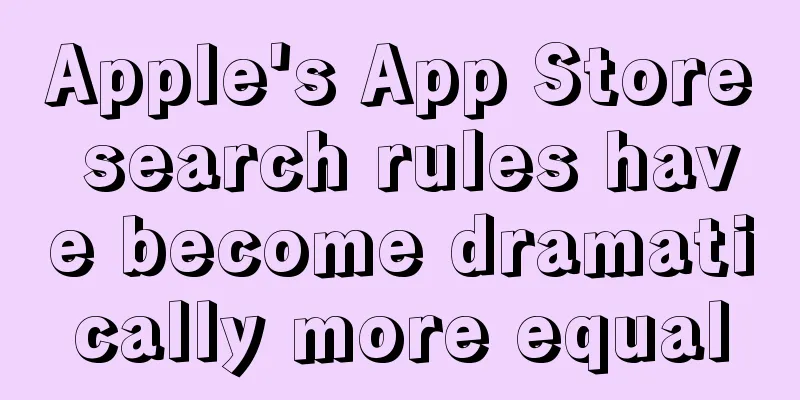Researchers: Android phones collect 20 times more user data than comparable iPhones

|
A study [PDF] by a computer science professor at Trinity College Dublin in Ireland found that Android phones collect 20 times more data about their users than comparable iPhones. According to Doug Leith, a researcher and the college's chair of computer systems, both iOS and Android phones are constantly collecting data and sending it back to Apple and Google, respectively. The information begins when a SIM card is inserted into a smartphone and includes the interaction of hardware and applications. When the user is not logged in, opts out of data collection in privacy settings, and the phone is idle, the data collection process may still run. Leith found that iOS shares information about IMEI, hardware serial number, SIM serial number, phone number, device ID (including UDID and advertising ID), location, telemetry, cookies, local IP address, and nearby Wi-Fi Mac addresses. Android sends similar data, adding the device's Wi-Fi MAC address, but does not include the phone's location information, local IP address, and nearby Wi-Fi Mac addresses. Laith's testing conditions include testing after the phone has been restored to factory settings, booting up for the first time, inserting or removing a SIM card while the phone is idle, viewing settings, enabling or disabling location, and collecting data for the first time when a user logs into their own app store. The test products are a Google Pixel 2 phone running Android 10 and an unknown model iPhone running iOS 13.6.1, but the iPhone has been jailbroken in order to monitor network connections. The most striking difference, Leith says, is the amount of information collected. According to his research, Android sends about 1MB of data to Google at startup, while iOS sends about 42KB to Apple. When the phone is idle, Android sends another 1MB every 12 hours, compared to 52KB for iOS. In the U.S., Google estimates it takes in 1.3TB of data from its (all) users every 12 hours, while Apple receives 5.8GB in the same period. Leith believes that "currently, there are almost no options to prevent this data sharing," which means that users must accept the collection of data as long as they use their mobile phones. In response to this result, Google said that Leith's method was flawed, and they believed that data collection was a core function of any connected device. Its spokesperson questioned the validity of the experiment, pointing out that the experiment could not capture data such as UDP/QUIC traffic. (QUIC is a set of UDP-based transmission protocols launched by Google, the purpose of which is to ensure reliability while reducing network latency): We found flaws in the researchers’ methodology for measuring data volume and disagree with the paper’s claim that Android devices share 20 times more data than iPhones. Based on our research, these results are off by an order of magnitude, and we shared our concerns about the testing methodology with the researchers before the paper was published. The study gives a pretty good overview of how smartphones work. Modern cars regularly send basic data to automakers about the car's components, its safety status, and service schedules, and phones work in a very similar way. The report details how these communications help ensure that the iOS or Android software is up to date, services are working as expected, and phone/safety features are working effectively. |
<<: Help you quickly understand the entire UI design process in 3 minutes
>>: Be careful if your phone shows these 4 symptoms! It may be dangerous!
Recommend
As the number of fans in Greater China continues to decline, what is the point of Apple betting on India?
Recently, Apple released its first quarter financ...
Five bosses changed in six years: What is Shanda Games trying to do?
Shanda's changes basically occurred after 200...
AliOS joins China Automotive Quality Technology Alliance and will participate in the formulation of intelligent connected vehicle standards
Recently, the China Automotive Quality Technology...
Can psychiatric drugs cause menstrual cycle disorders in women? What experts say
Today, we are going to talk about the medical mys...
Evergrande invested 14.5 billion in Guanghui, in addition to opening up sales channels for FF, it also has greater ambitions
On the evening of September 23, China Evergrande ...
The severe cold wave is coming! The temperature drops drastically. What should we pay attention to when eating, dressing and traveling?
With the arrival of the severe cold wave, the tem...
What is detail control? Take a look at the design of Google questionnaire
Some of the corporate consulting projects I'v...
A clear, complete and reusable solution for recalling lost users
Peter Drucker, the father of modern management, o...
Solve the problem that the phone cannot copy 4GB files
Reasons why you cannot copy files larger than 4GB...
Chip prices soared 20 times. The State Administration for Market Regulation: Strictly investigate price gouging to reduce the burden on automakers
Since the beginning of this year, the chip produc...
Baidu bidding promotion account structure
For bidding promotion, a healthy account structur...
After promoting tens of millions of information flows, I have summarized these 6 points!
In today's mobile Internet era, we receive a ...
The way for Chinese people to go out to sea and see the world +1, China's first domestically-produced large cruise ship "Aida Magic City"!
Review expert: Zhu Guangsi, member of Beijing Sci...
Tencent’s three 10 billion ecosystem empowerments, how to master social advertising!
This month, Tencent announced that it will build ...









![[Case Study] Details behind an H5 campaign with 130 million UVs revealed!](/upload/images/67cc1b352e7fb.webp)